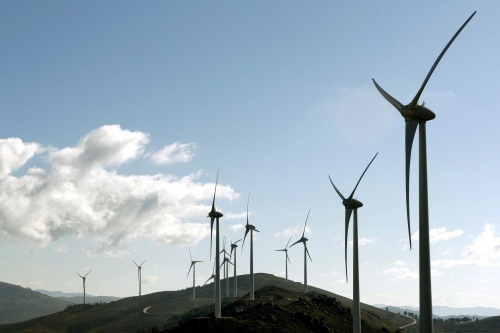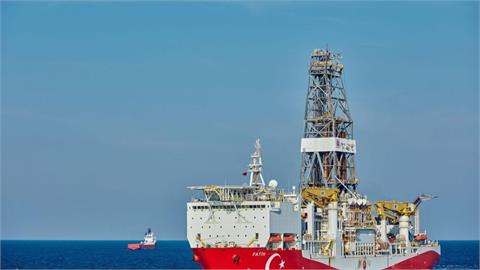by Julian Popov* At the end of 2014, Silicon Valley’s Progress Software Corporation acquired the Bulgarian software start-up Telerik for $262.5m, a huge amount for the EU’s poorest country
by Julian Popov*
At the end of 2014, Silicon
Valley’s Progress Software Corporation acquired the Bulgarian software start-up
Telerik for $262.5m, a huge amount for the EU’s poorest country. Two months
later, Bulgaria’s large Varna coal power plant owned by the Czech energy
company CEZ closed because it could not comply
with EU environmental standards and remain competitive. These events highlight
a battle of generations in southeast Europe.
The region, which can be defined as including up to 18 countries, from Turkey to Italy, has 220m people and covers 2m sq km. Most of the states are entangled in a tug of war between past and future. The struggle stretches from the interpretation of history to industrial policies.
The old guard is pulling back. Governments dream of re-industrialisation, generally understood as the revival of inefficient Communist-era industries. Most countries cling to the idea of becoming regional energy centres. Whether that means building more power plants than the neighbours or hosting more pipelines, the dream survives government and regime changes, wars, EU entries and the turn of a century.
The dream is catalysed by Moscow’s strategies to sell nuclear power plants and to penetrate the EU’s gas market through southeast Europe in order to suppress alternative gas projects that could squeeze Russia’s market position.
Centuries of struggle to create national identities are not helping either. To have an independent energy supply is often seen as strategic priority.
Meanwhile, the clean energy sector is growing fast. With plenty of sunshine, good wind conditions and abundant hydro resources, southeast Europe has great renewable energy potential. Romania has the largest onshore wind power plant in Europe and in 2012, Bulgaria installed more solar power per capita than any other country in the world. Both have already reached their EU 2020 renewables targets. Albania is one of the two European countries with almost 100 per cent renewable electricity; the other is Norway.
The IT sector is also booming. Management consultancy AT Kearney’s 2014 Global Services Location Index ranks Bulgaria as the best outsourcing destination in Europe and ninth in the world. A recent analysis of Stack Overflow, a popular coders’ online community, placed Bulgaria in a leading position with the highest average reputation among top users in the world. Croatia is in fifth position. Romania and Bulgaria regularly feature in the top 10 countries with the fastest internet speeds.
Clean energy and IT go well together. The future of energy will depend on intelligent systems — from smart meters to complex demand management and regional power markets. Italy was the first country to install smart meters in almost all households. Austria is the first European state to launch a smart meter solution linking the energy and telecoms sectors. The two old EU members play a significant role in a region where they are successful investors.
However, there is a big difference between energy and IT. While IT is predominantly entrepreneurial and independent of the state, energy is dependent on politics, regulation and regional co-operation. None of these work in favour of the entrepreneurial potential of the Balkans. The Energy Union process might help. The European Commission recognised southeast Europe as a region with high energy efficiency and renewables potential that needs urgent action. It also branded it as vulnerable and started a drive to make the energy sector more transparent.
Until recently, southeast Europe was treated primarily as a gas corridor — a simplistic view that ignores the vulnerability of the region and its economic and renewable energy potential. The region can position itself as a champion of clean energy and new technology, boosting the economy and security while making a significant contribution to European competitiveness and climate goals.
If the Balkan countries step back from their old dreams of energy supremacy and act with more transparency and entrepreneurial spirit, they could leapfrog into the future of interconnected, clean and efficient energy use.
Julian Popov
is a former Bulgarian minister of the environment.
(source: Financial Times)




